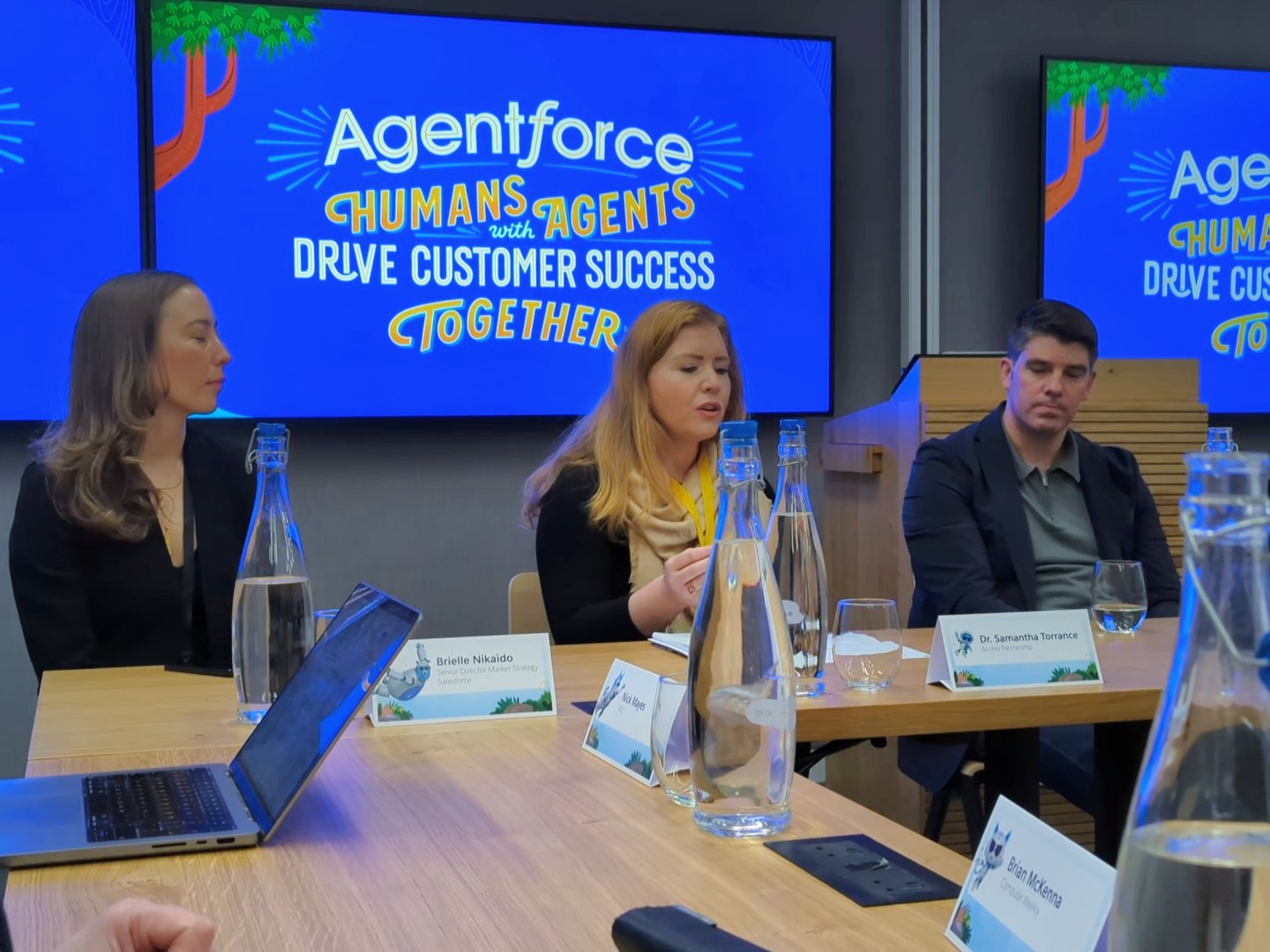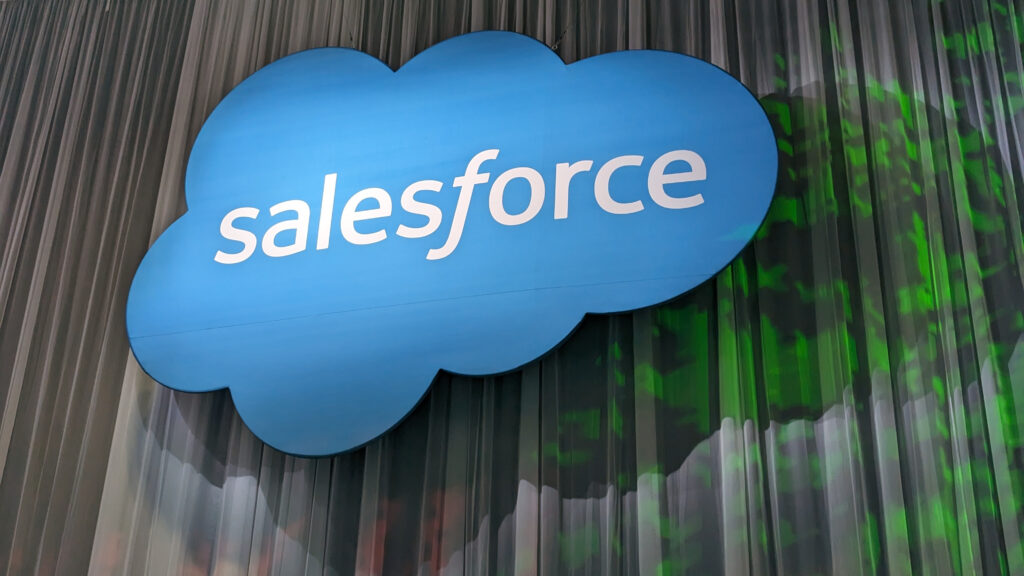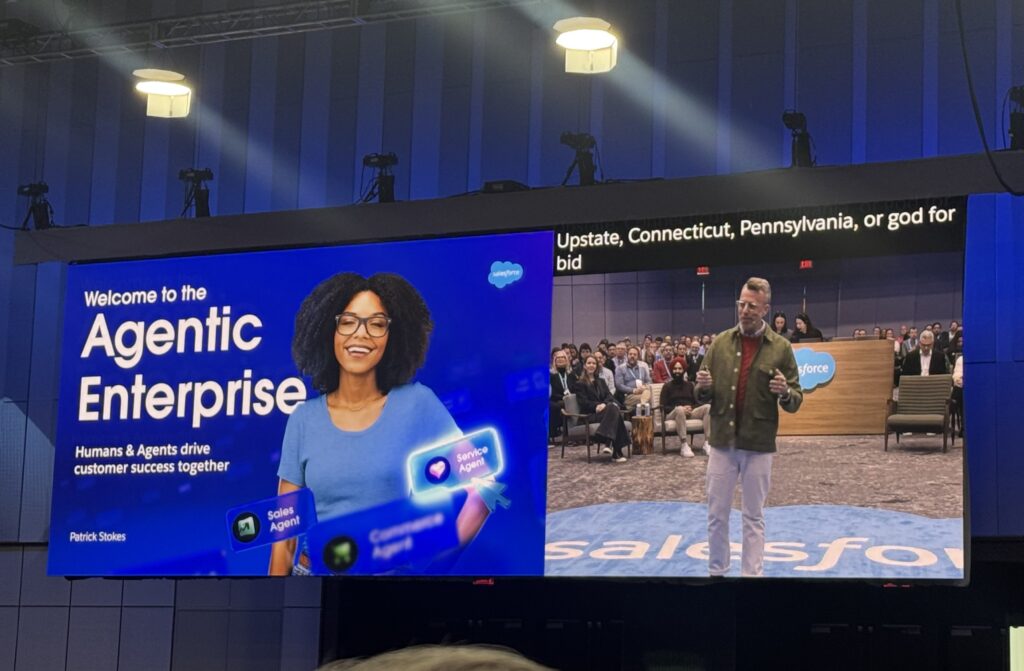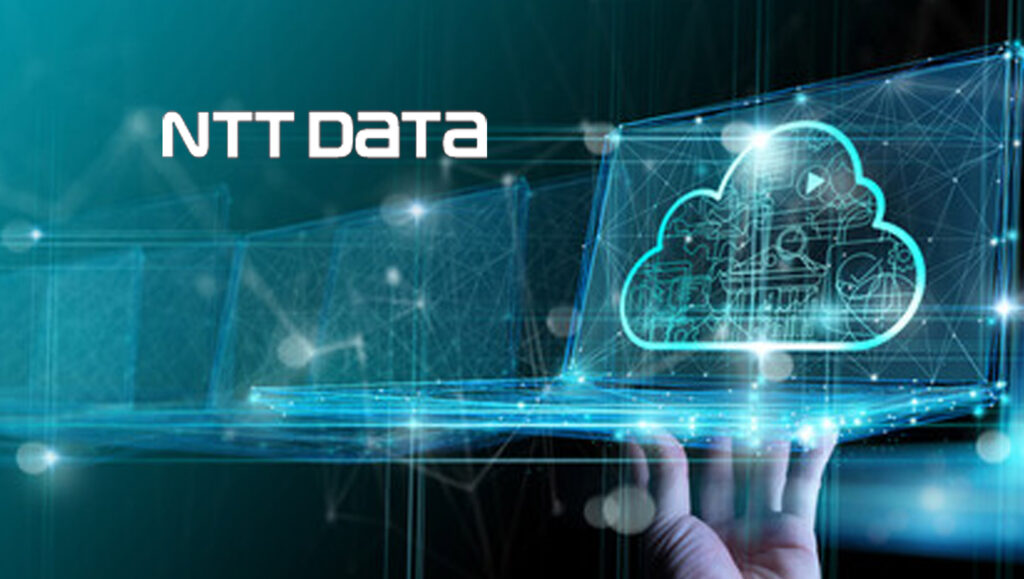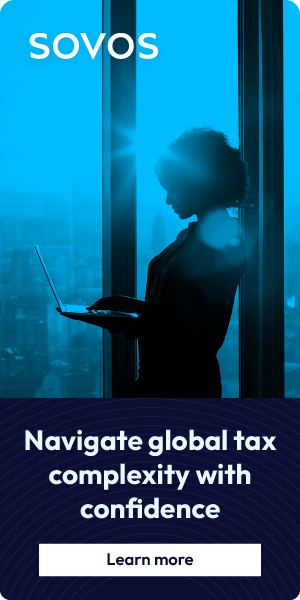Salesforce released its UK AI Readiness Index on Monday, with ERP Today hearing at the report’s launch how in spite of a skills gap, the UK is ready to lead the new wave of GenAI evolution. This is in reference to agentic AI, which can be created using Salesforce’s platform in a no-code fashion by end users.
The Index highlights the United Kingdom’s above-G7 average performance in AI adoption – 65.5 against the G7 average of 61.2 – reporting that public and private sectors in the nation have embraced artificial intelligence thanks to a “strong innovation culture, robust tech investments, and pragmatic regulations”.
Both government and business readiness scores are reported as higher than the respective G7 averages, with readiness to adopt and innovate at the government level supported by strong citizen participation in e-services. The UK is also described as a “stable, safe environment” in which to invest in large-scale IT projects.
The report was launched at Salesforce’s first and thus far only AI Center, as opened in London’s Southwark area this summer. There ERP Today saw how agentic AI available within the Salesforce platform boosted a chatbot available on the Heathrow Airport website, which has helped improve Heathrow’s service operations and customer satisfaction, plus seen its digital revenue increase by over 30%.
But the real interest is what happens under the hood. The Salesforce AI Center is a good place to see the inner workings of SFDC’S GenAI – and artificial intelligence in general. Developers in the center were on hand to show how programming an AI agent was possible with Agentforce, a no-code interface on the Salesforce platform in which AI generates actions and more for the required output.
Representing the logical end point of low-code no-code, ERP Today believes this “AI-code” could fix the skills deficit as highlighted by the UK AI Readiness Index. In an exclusive press briefing with Salesforce, ERP Today heard from experts who worked on the report such as Dr. Samantha Torrance, head of global government advisory for consultancy Access Partnership. Torrance highlighted that business readiness in comparison to government readiness in the UK was lacking due to skills.
With no-code like Agentforce’s in a business environment, upskilling the workforce for an AI future may be an easy win. Mass training courses are not necessarily needed to implement AI within a business context, as long as safeguards and people are kept in the equation.
No-code – and no mumbo jumbo?
Another barrier for AI adoption faced by businesses not just in the UK but globally comes from poor data quality. Here, recent Salesforce acquisitions such as that of leading data management provider for unstructured data Zoomin were alluded to by Salesforce UKI CTO Paul O’Sullivan.
“90% of customer data is an unstructured format,” as the CTO explained. “With Salesforce Data Cloud, we are able to ingest things like PDFs, emails and transcripts and using vector database technology make sense of that unstructured data and put it to work.”
O’Sullivan also addressed another potential barrier – that of pricing, saying in the long term Salesforce can consolidate in taking costs down for enterprises by allowing current automations to be moved into Agentforce.
“Therefore you start to lower the cost base and be more efficient […] That’s what a lot of customers are going through, in [knowing] how to deliver on their commitment to customers while managing operating costs effectively.”
The CTO also highlighted the strong role partners will play in Salesforce’s AI future, mentioning Workday, Google and also Certinia, with the previously-known-as FinancialForce described as integral to ERP deployment of Salesforce AI.
What comes next is anyone’s guess – the fourth wave of AI coming after chatbots, copilots and agents as depicted in a presentation at the AI Center, is marked as robotics. It’s unlikely Salesforce – or any other vendor – will innovate here, just as they wouldn’t for any other kind of hardware deployment. Expect then a few more mini-waves in between, such as agentic frameworks in which agents from one field work with agents of another practice – or creating AI agents on-the-go within Slack, the Salesforce-owned collaboration platform.
All this will rely on AI-code – and further demystification for UK businesses. As ERP Today noticed at the report’s launch, some public sector officials hadn’t heard of the term “agentic AI” until Salesforce came a-callin’. Removing perhaps alienating terms from the tech vendor lexicon is as helpful for business as removing intimidating lines of code is for the end user.

